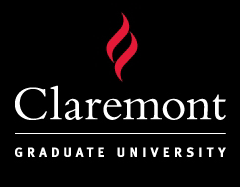Abstract
Many early Christian sects were aware of and accepted The Gospel of Thomas as authentic Christian scripture, despite its unorthodox, radical doctrine, igniting an ideological battle in and around the Thomasine communities of the ancient world. This ideological war is still raging and conflict renewed and amplified with the discoveries of the Greek and Coptic texts of The Gospel of Thomas in the first half of the 20th Century.
Since it’s discovery, The Gospel of Thomas has presented scholars with ferocious debate, as serious probability exists that Thomas preserves an older tradition of the historical Jesus than that of the Synoptic Gospels.
Though the fierce theological battle of religious scholars in the 1990s hardly sparked The Gospel of Thomas debate, their combined research has renewed questions of how to validate Thomas, and thus, Jesus scholarship over the last half century has been restrained in the use and acceptance of Thomas.
Failure of modern scholars to develop a shared understanding of the proper role of The Gospel in reconstructing Christian origins underscores the importance of accurately dating documents from antiquity. Progress in Thomasine studies requires exploration of how texts and traditions were transmitted and appropriated in the ancient world. The greatest contribution of Thomas’ discovery will be to deepen knowledge and understanding of early Christianity. The Gospel clearly bares witness to an independent branch within early Christianity and is a prime example of the diversity of the early Christian Church.
DOI
10.5642/lux.201303.06
Recommended Citation
Haygood, Lisa
(2013)
"The Battle To Authenticate 'The Gospel of Thomas',"
LUX: A Journal of Transdisciplinary Writing and Research from Claremont Graduate University:
Vol. 3:
Iss.
1, Article 6.
Available at:
https://scholarship.claremont.edu/lux/vol3/iss1/6
Included in
Christianity Commons, History of Christianity Commons, History of Religions of Western Origin Commons
